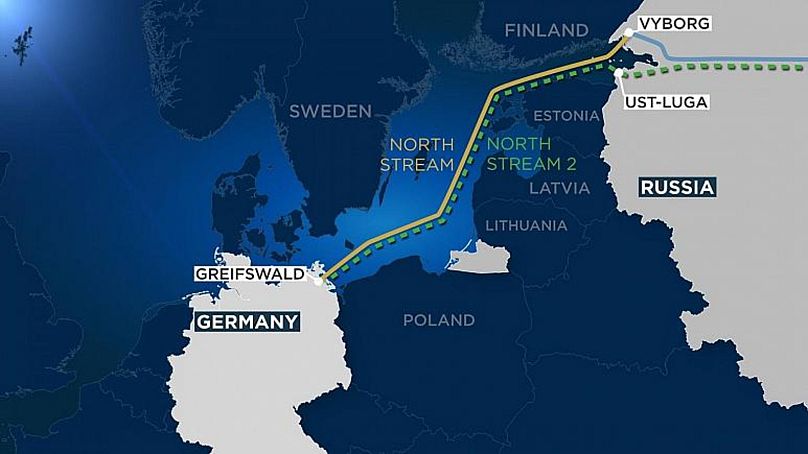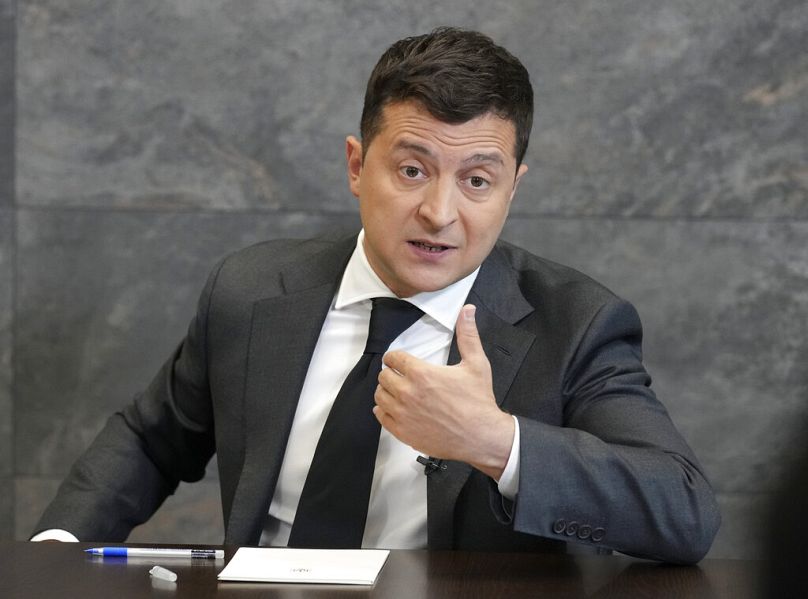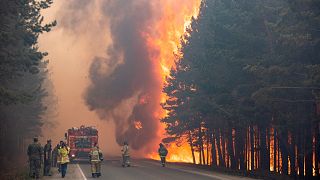Boris Johnson ‘Missing in Action’ Ahead of COP26 Climate Summit, Say Campaigners
Protesters in Parliament Square this morning said the government was failing to show enough leadership in the run-up to the UN summit, due to start in Glasgow in 100 days.
ByXindi Wei
on Jul 23, 2021
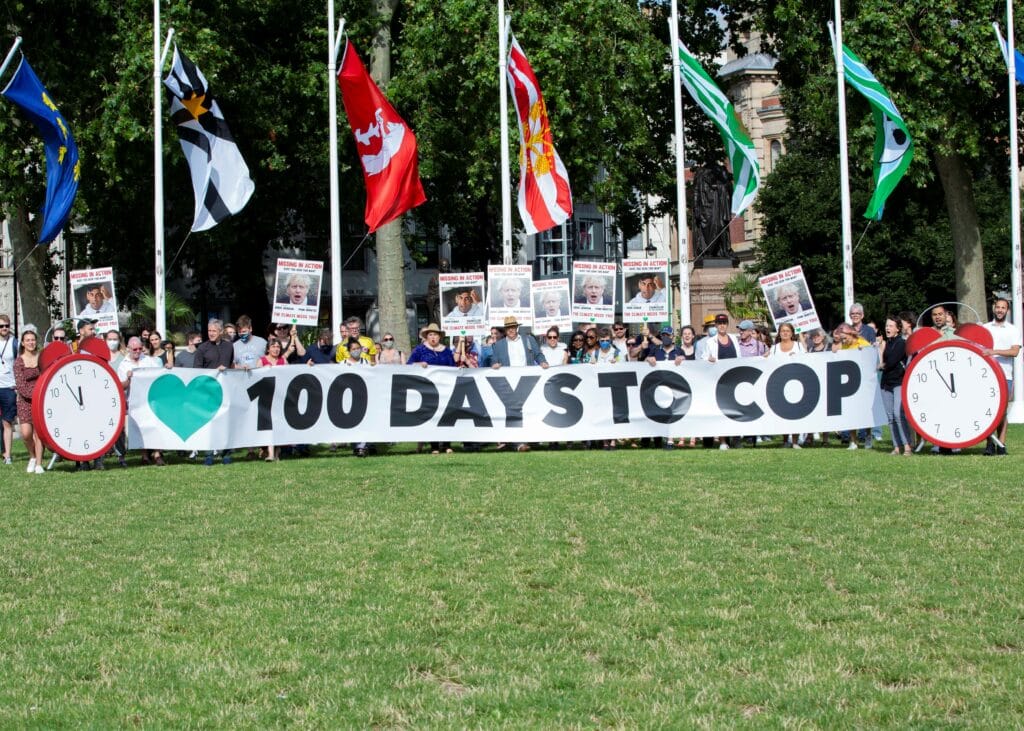
Protesters in Parliament Square. Credit: The Climate Coalition
Climate campaigners have called on the UK government to step up its action ahead of the COP26 UN summit set to take place in Glasgow in November, which they say is in “serious jeopardy”.
A hundred protesters gathered in Parliament Square this morning to mark 100 days before the talks begin, accusing Prime Minister Boris Johnson and Chancellor of the Exchequer Rishi Sunak of being “Missing in Action”. They held banners with the phrase “The climate needs you” and giant alarm clocks to emphasise the urgency of tackling climate change.
The action was organised by The Climate Coalition, a group of civil society organisations pushing for greater action on climate change.
Ben Margolis, Interim Director, said: “Time is quickly running down until the UN climate talks arrive in Glasgow in November for the biggest diplomatic event the UK has seen in decades – essential to limiting warming of the Earth to 1.5C or less.
“The Prime Minister has pledged that the UK will show global leadership on climate change. Yet despite this, Boris Johnson and Rishi Sunak are most noticeable for being missing in action and failing to deliver real, concrete progress to tackle the nature and climate emergencies.”
Climate groups are increasingly concerned about a lack of action from the government ahead of the summit, the largest of its kind since the historic Paris Agreement was signed in 2015.
The protest comes two weeks before the Intergovernmental Panel on Climate Change is due to publish its Sixth Assessment Report, which will highlight that the window to keep the 1.5C target alive is closing. It will warn of a rise in heatwaves, destruction of 90 percent of global reefs, accelerated sea level rise and stronger hurricanes and typhoons.
Last week, 100 of the world’s poorer countries issued a position paper setting out five key issues which they say are essential for them in the negotiations, including a the delivery of a 2009 promise from richer countries to provide $100bn a year in climate finance support by 2020. They point to a lack of progress seen so far, particularly at the G7 meeting in the UK last month.
‘Far-Off Promises’
Sarah Wiggins, who was present at the protest from Christian charity Tearfund, told DeSmog: “We’ve seen these heat waves in Canada, and the US, but also in places like Pakistan, where people were literally dropping dead from 50-degree heat. And in other countries, they don’t have the facilities. We have to respond to these disasters.
“So there’s a real injustice. We want to see the richer countries like the UK coughing up money on the table and acting with real urgency, because this is about the total emergency.”
Daniel Hale, another campaigner, said: “The action that we take this year is going to be so much easier than the action that we take in 20 years’ time.
“It’s never been more important that we act on climate change. It’s always easier to make promises than to deliver and the way the system works everyone is incentivised to make huge far-off promises in the future.”
G20 representatives have gathered today in Italy for an Energy and Climate ministerial meeting, which will focus on how to ensure sustainable growth and a clean energy transition.
Greenpeace UK’s Executive Director, John Sauven, said: “These pivotal climate talks require bold policies, tough targets and political will from all governments. But, as hosts, it’s up to the UK to drive this forward by setting a prime example for others to follow.
“However, the consistent failure of the UK government to match its rhetoric with required action has put the most important international meeting the world has ever seen in serious jeopardy. Boris Johnson has just 100 days to get his own house in order.”
He said this meant scrapping high-carbon plans, such as the proposed new “Cambo” oilfield in the North Sea and cuts to the aid budget.
A government spokesperson said: “Over the past three decades, the UK has seen the fastest fall in emissions of any G7 country, made tangible progress in boosting renewable energy and green growth, and set some of the world’s most ambitious emissions reduction targets.
“Against this backdrop, the Prime Minister continues to call for greater global ambition and action to tackle climate change ahead of COP26, as he has done through numerous international summits and his engagement with individual world leaders.”
Climate campaigners have called on the UK government to step up its action ahead of the COP26 UN summit set to take place in Glasgow in November, which they say is in “serious jeopardy”.
A hundred protesters gathered in Parliament Square this morning to mark 100 days before the talks begin, accusing Prime Minister Boris Johnson and Chancellor of the Exchequer Rishi Sunak of being “Missing in Action”. They held banners with the phrase “The climate needs you” and giant alarm clocks to emphasise the urgency of tackling climate change.
The action was organised by The Climate Coalition, a group of civil society organisations pushing for greater action on climate change.
Ben Margolis, Interim Director, said: “Time is quickly running down until the UN climate talks arrive in Glasgow in November for the biggest diplomatic event the UK has seen in decades – essential to limiting warming of the Earth to 1.5C or less.
“The Prime Minister has pledged that the UK will show global leadership on climate change. Yet despite this, Boris Johnson and Rishi Sunak are most noticeable for being missing in action and failing to deliver real, concrete progress to tackle the nature and climate emergencies.”
Climate groups are increasingly concerned about a lack of action from the government ahead of the summit, the largest of its kind since the historic Paris Agreement was signed in 2015.
The protest comes two weeks before the Intergovernmental Panel on Climate Change is due to publish its Sixth Assessment Report, which will highlight that the window to keep the 1.5C target alive is closing. It will warn of a rise in heatwaves, destruction of 90 percent of global reefs, accelerated sea level rise and stronger hurricanes and typhoons.
Last week, 100 of the world’s poorer countries issued a position paper setting out five key issues which they say are essential for them in the negotiations, including a the delivery of a 2009 promise from richer countries to provide $100bn a year in climate finance support by 2020. They point to a lack of progress seen so far, particularly at the G7 meeting in the UK last month.
‘Far-Off Promises’
Sarah Wiggins, who was present at the protest from Christian charity Tearfund, told DeSmog: “We’ve seen these heat waves in Canada, and the US, but also in places like Pakistan, where people were literally dropping dead from 50-degree heat. And in other countries, they don’t have the facilities. We have to respond to these disasters.
“So there’s a real injustice. We want to see the richer countries like the UK coughing up money on the table and acting with real urgency, because this is about the total emergency.”
Daniel Hale, another campaigner, said: “The action that we take this year is going to be so much easier than the action that we take in 20 years’ time.
“It’s never been more important that we act on climate change. It’s always easier to make promises than to deliver and the way the system works everyone is incentivised to make huge far-off promises in the future.”
G20 representatives have gathered today in Italy for an Energy and Climate ministerial meeting, which will focus on how to ensure sustainable growth and a clean energy transition.
Greenpeace UK’s Executive Director, John Sauven, said: “These pivotal climate talks require bold policies, tough targets and political will from all governments. But, as hosts, it’s up to the UK to drive this forward by setting a prime example for others to follow.
“However, the consistent failure of the UK government to match its rhetoric with required action has put the most important international meeting the world has ever seen in serious jeopardy. Boris Johnson has just 100 days to get his own house in order.”
He said this meant scrapping high-carbon plans, such as the proposed new “Cambo” oilfield in the North Sea and cuts to the aid budget.
A government spokesperson said: “Over the past three decades, the UK has seen the fastest fall in emissions of any G7 country, made tangible progress in boosting renewable energy and green growth, and set some of the world’s most ambitious emissions reduction targets.
“Against this backdrop, the Prime Minister continues to call for greater global ambition and action to tackle climate change ahead of COP26, as he has done through numerous international summits and his engagement with individual world leaders.”



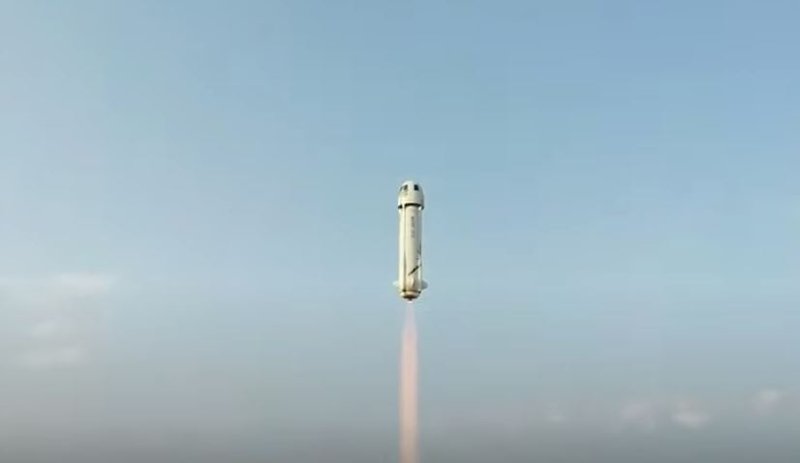

:quality(70)/cloudfront-eu-central-1.images.arcpublishing.com/thenational/IU7TIWECV47ALV5F44BJMYSCVA.jpg)

